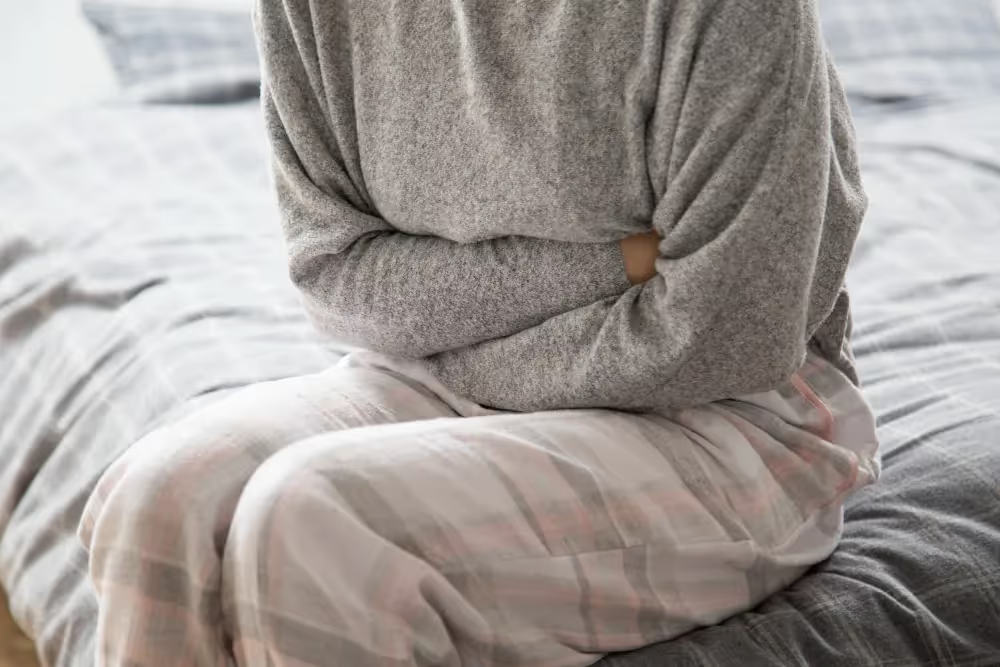While the motor symptoms of Parkinson’s disease (PD) are often the most recognizable and discussed, non-motor symptoms such as constipation can significantly impact one’s quality of life. The normal frequency of bowel movements is three times per day to every three days; and stool that is easy to pass. Constipation is characterized by decreased frequency of bowel movements, difficulty passing stools, straining and a feeling of incomplete emptying. It can affect up to 50% of patients with PD and often predates motor symptoms. This leads to discomfort, pain, embarrassment and often social isolation. The cause of constipation in PD is not clearly understood but is likely due to abnormal functioning of the autonomic nervous system (the part of the nervous system that controls involuntary functions in your body) as well as secondary causes such as:
- Reduced activity
- Inadequate fluid intake
- Low-fiber diet
- Increased intake of foods such as cheese
- Weakness of abdominal and pelvic floor muscles
- Side effects from medications including, but not limited to: anticholinergic medications such as trihexyphenidyl and diphenhydramine, opiate pain medications, some blood pressure medications and antidepressants, iron supplements, and antihistamines
It is best to try to prevent constipation in the first place by incorporating lifestyle changes such as increased fluid and fiber intake, and increased activity levels. Some people also find that a foot stool that keeps the knees higher than the hips while defecating is helpful.
Early treatment of constipation is important as straining can lead to hemorrhoids and anal fissures (small tears in the rectum). Treatment includes the aforementioned lifestyle changes as well as a review of possible contributing medications. Medications such as stool softeners (e.g. docusate, Miralax) are often tried next. If ineffective, mild stimulant medications (e.g. Senna) can be attempted next. Stronger treatments such as enemas and suppositories should be used sparingly. Sometimes, prescription medications (e.g. lactulose, linaclotide, lubiprostone, prucalopride) may be considered as well but these should be discussed with your primary care physician, GI doctor or neurologist first.
It is important to avoid severe constipation which can lead to fecal impaction or hardened stool in the large intestines that cannot be passed by regular constriction and relaxation of the intestines (peristalsis). This is sometimes complicated by encopresis (leakage of liquid stool around the impacted stool resulting in stool incontinence). When medications do not work, sometimes manual or digital disimpaction is required. This involves using a lubricated, gloved finger inserted into the anus and using a scissoring or circular motion to help break up any stool that is present until the rectum is cleared. Additionally, use of bidet to direct water into the rectum may help loosen some stool. A bidet can either be integrated into a toilet seat, an attachment for your existing toilet seat or a separate fixture. You should seek emergency care if you have significant bloating, severe abdominal pain, nausea, vomiting or decreased appetite in the setting of significant constipation.
In summary, while it may seem like an inconvenience, constipation can have a significant impact on the quality of life of people with PD and can have health consequences. If you or someone you know is living with Parkinson's disease and experiencing constipation, it is important to talk to a healthcare professional for guidance and support. We, at Synapticure, are well-versed in treatment of constipation and are committed to helping you achieve the best quality of life possible.
Image by katemangosta on Freepik











.png)


